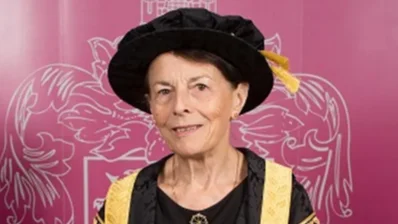With the global space industry expanding rapidly, valued at £17.5 billion in the UK, there is a growing demand for efficient and scalable solar power solutions. The European Space Agency forecasts an increase in space solar demand from 1 MWp/year to 10 GWp/year by 2035. This growth is driven by the expansion of satellite constellations like SpaceX's Starlink and the rise of space-based manufacturing.
Currently, space missions utilize silicon or multi-junction solar cells (MJSCs), with MJSCs preferred for their high efficiency. However, their complex manufacturing process and high costs hinder scalability. A new CdTe-on-glass technology offers a promising alternative. It was first tested aboard the AlSat-Nano CubeSat and provides a lighter, cheaper, and radiation-resistant option with targeted 20% efficiency in space and already achieving 23.1% on Earth.
A new three-year collaboration supported by UKRI EPSRC funding aims to advance this technology using facilities at Swansea University and Loughborough University. Swansea's Centre for Integrative Semiconductor Materials (CISM) houses advanced tools such as the AIXTRON CCS MOCVD system, while Loughborough contributes its National Facility for High-Resolution Cathodoluminescence Analysis.
Professor Paul Meredith, Director of CISM at Swansea University, stated: "CISM has previously focused on clean energy, efficient power and microelectronics, semiconductors in healthcare, and over-the-horizon semiconductors but more recently it has been expanding into the development of semiconductor technology for space applications through our UK-first Space Semi-Tech Foundry programme."
He added: "This latest partnership is an example of this as it addresses a critical need and a unique opportunity to support the UK's strategic vision to capture a significant share of the global space technology market. Our technology offers higher specific power, longer service life in space, and significantly lower costs—key advantages for powering the next generation of space missions."
Michael Walls, Professor of Photovoltaics at Loughborough’s Centre for Renewable Energy Systems Technology (CREST), commented: "Space technology is an exciting growth industry. Reducing the weight of the payload is critical to reduce launch costs. This project aims to develop a lower weight power source by depositing thin film solar cells directly onto the protective cover glass. The technology will also enable longer deployment in space because thin film cadmium telluride solar cells are exceptionally radiation-hard."

